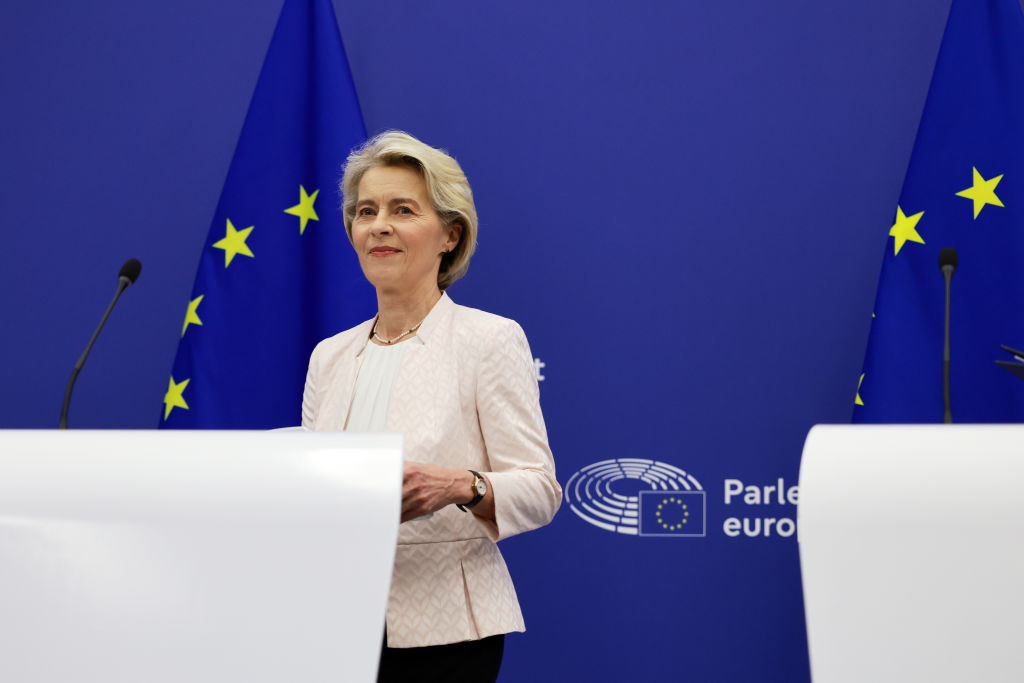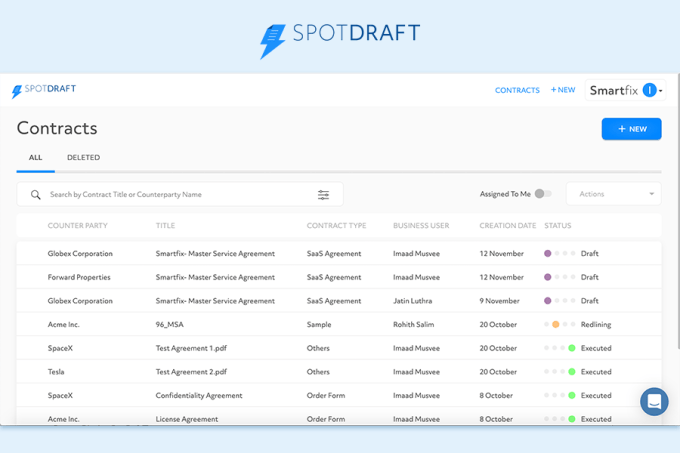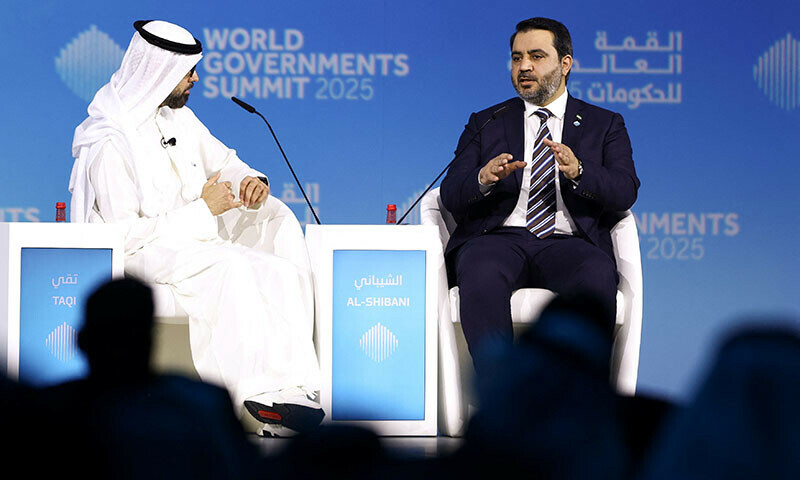The European Union is courting the private sector as it looks to step up compute capacity for training large AI models.
Giving a speech at the AI Action Summit in Paris on Monday, the EU’s president, Ursula von der Leyen, talked up the potential of homegrown AI startups but said the region’s developers must have access to powerful enough infrastructure to enable them to scale their innovations to fulfill the potential offered by the technology — so the bloc is looking at changing its model for supporting AI infrastructure.
The current high-level push to set up talent and computing hubs that leverage the bloc’s existing supercomputing infrastructure, which the EU brands as “AI factories,” are not enough, she suggested — saying “AI Gigafactories” are needed to train “very large models.”
Building that “next level” of AI infrastructure will require private sector capital, she also said.
“Our startups need resources to scale up and we are far from widespread adoption of AI in our economy and society. That is why we are moving to the next level. We want to expand our model of open cooperation to be able to host frontier innovation in AI,” von der Leyen said.
“As AI requires massive computational capacity, the next step will be to launch AI Gigafactories. Very large data and computing infrastructures to train very large models. Similar projects have also been announced in the US, by leading AI players. But with our European Gigafactories, computational power won’t be a monopoly of a few. It will be a service accessible to all,” she added.
In the eve of the AI Action Summit opening on Monday, the French president unveiled a private sector AI investment package totaling around $112 billion in the EU member state. However, in January, the U.S.-based Stargate project pledged to commit up to $500 billion over four years to build out data center infrastructure with the aim of cementing U.S. leadership in AI. So the EU is clearly feeling the pressure to respond to the AI compute race as a bloc.
“For AI, we need the private sector to be fully involved in our gigafactories. And we need more capital to make it happen,” added von der Leyen, saying the topic would be discussed at a closed door plenary meeting at the summit today.
Switching briefly into sales pitch mode, she implied that Europe could attract capital for the next phase of AI infrastructure by merit of its tendency to take a collaborative, rather than competitive, approach to IP development — focused on pooling and sharing knowledge across member states for public good.
“I want to emphasise our approach to give researchers and startups a unique opportunity to access top-notch computing infrastructure. It will allow industries to cooperate and federate their data,” she said, suggesting: “It will — for example — allow hospitals to safely train models based on images and genomic data they own. It will allow unprecedented advances in basic science and climate modeling.”
The EU’s planned AI gigafactories will “be open for the best talents,” she argued.
€200 billion to accelerate AI adoption
Separately, in follow-up remarks at the summit on Tuesday, von der Leyen announced that the EU would chip in €50 billion for AI investment to top up a €150 billion commitment of new spending aimed at driving regional adoption of applied AI made by a coalition of private sector companies that are organizing under the banner EU AI Champions.
“I welcome the European AI Champions Initiative, that pledges €150 billion from providers, investors and industry. And today I can announce that with our InvestAI initiative, we can top up by €50 billion,” she told conference delegates. “Thereby, we aim to mobilize a total of €200 billion for AI investment in Europe.”
“We will have a focus on industrial and mission-critical applications. It will be the largest public-private partnership in the world for the development of trustworthy AI,” she added.
In a press release announcing what it’s dubbing its InvestAI initiative, the EU said €20 billion of the €200 billion will go into a new fund ringfenced for AI Gigafactories — with the goal of supporting “open, collaborative development of the most complex AI models and to make Europe an AI continent.”
The Commission added that the InvestAI effort would finance four AI gigafactories across the EU, bankrolling compute capacity the EU’s executive hopes will support AI breakthroughs in specific domains such as medicine or science.
“The gigafactories will have around 100,000 last-generation AI chips, around four times more than the AI factories being set up right now,” it added.
According to the Commission, InvestAI will include a “layered fund,” with shares of different risk and return profiles — with the EU budget de-risking private sector investment partners.
The initial funding for InvestAI will come from existing EU funding programs with a digital component — such as the Digital Europe Programme and Horizon Europe, as well as InvestEU. Member states will also be able to contribute funds, it said.
This report was updated with additional EU announcements on Tuesday.
Read our full coverage of the Artificial Intelligence Action Summit in Paris.
TechCrunch has an AI-focused newsletter! Sign up here to get it in your inbox every Wednesday.





Leave a Reply